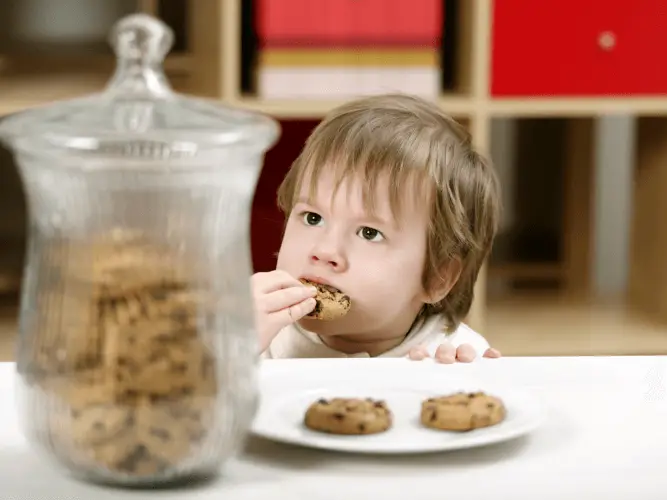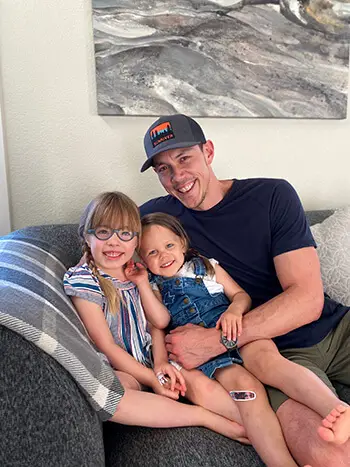Prader-Willi Syndrome may not be a common condition with widespread news on the mainstream media, but it is among chronic diseases with devastating effects on its patients.
As one of the hereditary conditions, Prader-Willi Syndrome can start from childhood and last until old age.
Also, since there is no cure for the condition, living and thriving with it is a challenge to most people.
However, that does not mean that no one can live their life to the fullest with the syndrome.
We have seen and read stories of different people, famous and unsung heroes, who have made it despite battling the syndrome throughout their lives.
This post, therefore, looks into the lives of notable public figures who have fought and lived past the stereotypes surrounding Prader-Willi Syndrome.
What is Prader-Willi Syndrome?
Prader-Willi Syndrome (PWS) is a genetic disorder that affects the development of a person’s intellect and physique.
This genetic disorder is caused by deletion or abnormal behavior of chromosome 15 primarily inherited from the father.
It is characterized by symptoms that may manifest from infancy to adulthood.
Infants with PWS have hypotonia and feeding difficulties that lead to retarded growth.
As they age, they develop hyperphagia which might lead to obesity if not regulated.
Hyperphagia is also one of the main identifying features of PWS and may have severe health risks.
Patients with PWS may also exhibit behavioral and cognitive challenges like emotional instability, intellectual disabilities, and obsessive-compulsive disorders.
They can also experience hormonal imbalances which might lead to short stature and delayed puberty.
Prader-Willi Syndrome’s management needs a multidisciplinary approach that can include medical, dietary, and behavioral interventions.
Additionally, specialized care and support are required to address the unique characteristics posed by this complex genetic condition for a better life for those infected.
Famous People Who Have Dealt With Prader-Willi Syndrome
Like any other chronic disease that manifests in infancy, Prader-Willi Syndrome does not discriminate its patients based on social and economic status.
That means, despite their fame, some celebrities have publicly admitted to having the condition.
However, they lived beyond reasonable doubt and did wonders with the syndrome.
Others have also used their lives as testimonies and created awareness about the disease and the need for early diagnosis.
1. Harvey Price

One notable celebrity who has been battling PWS since childhood is Harvey Price, the eldest son of British reality TV presenter, Katie Price.
Harvey was diagnosed with PWS while still young. He has exhibited several PWS symptoms such as behavioral changes, learning difficulties, and hyperphagia.
Katie Price has been open about her son’s condition and has used her platform and on-screen influence to raise awareness of PWS.
She has also spoken about the challenges she faced when raising Harvey and the importance of support for such PWS-affected families.
Katie and Harvey have released numerous documentaries such as What Harvey Did Next and Katie Price: Harvey and Me, which follows her and Harvey as they prepare him for proper residential care.
The documentaries shed more light on a family living with a PWS patient and the challenges faced.
2. Olivia Tomlinson

According to the Daily Mail, Olivia is always hungry and without a strict diet, she can become obese. And that’s because she was born with a rare genetic condition that prevented her from enjoying treats and sweets while young.
On top of that, the condition causes low muscle tone, which means she only needs half the amount of food a normal child needs to survive. Therefore, her parents had to create a strict diet plan to prevent her from becoming obese.
3. Hannah Wilkinson
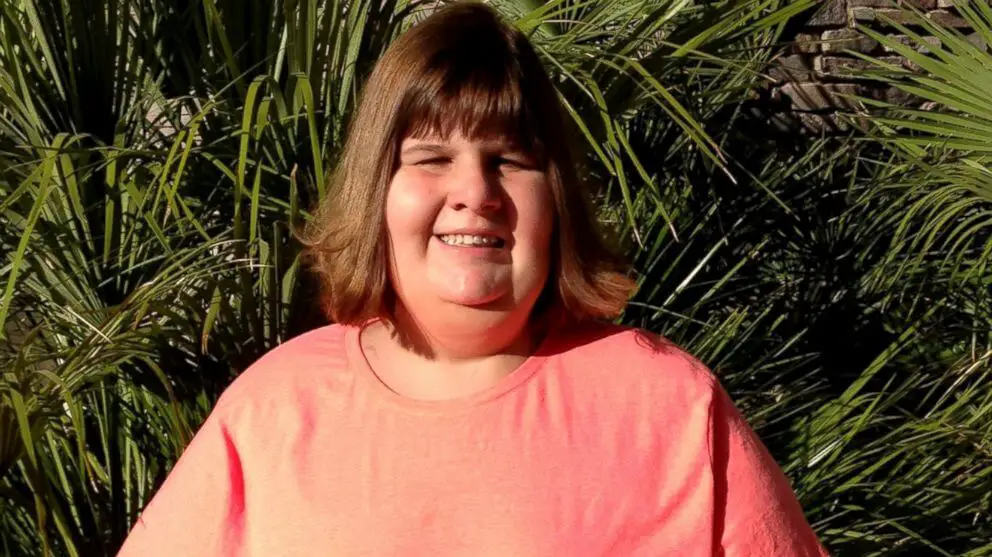
Another kid who always experiences intense hunger is Hannah. According to her mother, Hannah always says that she is hungry even after she has just finished eating. Hannah’s condition has forced her family to always lock the refrigerator and the kitchen. Her mother told ABC News that she once found her eating dog food and was forced to lock it away.
4. Sienna Rose Balumas
Like most people with PWS, Sienna was diagnosed with the condition a few days after she was born. She was born 6 weeks earlier and as soon as she was born, the doctors noticed that she lacked muscle tone and was floppy.
PWS affected her behavioral, intellectual and physical development, so she has had to deal with various specialists in her life. She even had to use growth hormones from a very young age.
5. Victor Penta
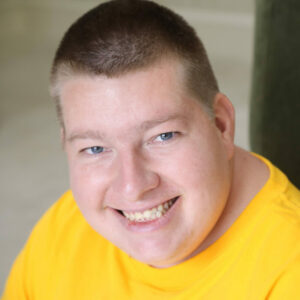
Weighing over 250 pounds, Victor is clearly overweight; he is only 5’ 4” tall. His obsession with eating has resulted in various meltdowns and he was even fired from a job for taking food from special-education class children.
6. Justice Rickenbach

Unlike Victor, Justice doesn’t struggle with insatiable hunger, a problem associated with PWS. According to Kristi, her daughter struggles with cataplexy and narcolepsy. She tends to fall asleep in odd places. For instance, she fell asleep in a hockey game and in a concert where she was on the front row.
7. Charlotte Hornets

Hornets was diagnosed with PWS when she was 5 months old, a condition that made her prone to being obese. But at 8 years old, she was in great shape and quite athletic. Don’t get me wrong, Charlotte does struggle with insatiable hunger, but she has learned how to deal with it. Charlotte wiggles her finger every time she feels hungry.
8. Sheila Inwards’ Son (Sheila is PWSA UK’s Diagnosis Lead)
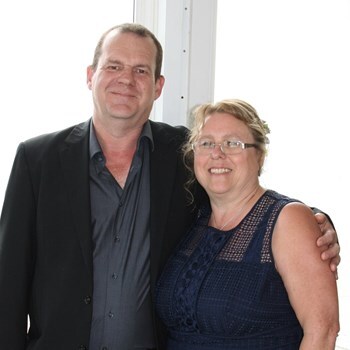
Sheila’s son was also born with PWS, a condition that made it hard for him to communicate. After struggling for years, the family discovered Makaton which made it easier for Sheila to finally communicate with her son. This changed their lives making it easier for Sheila to learn more about her son.
9. Heather Osterman’s Son, Max
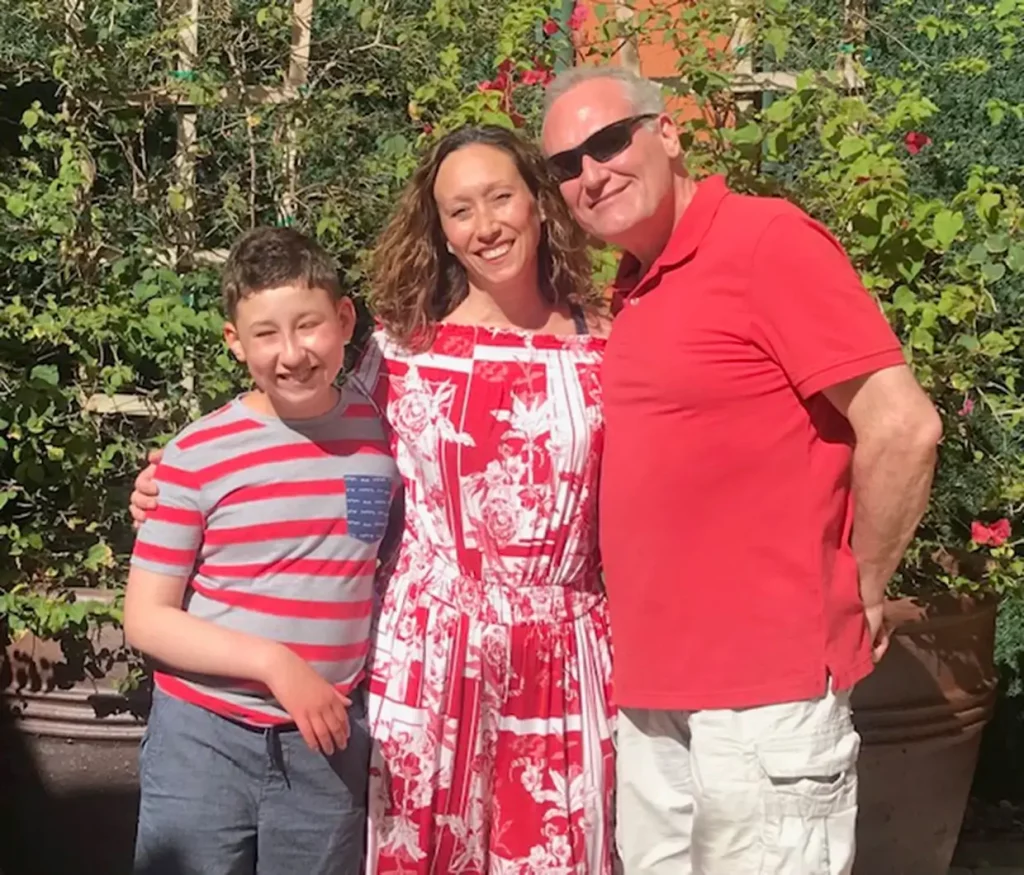
Max’s parent’s discovered that he has PWS when he was born. Heather and her husband did everything to help Max live a normal life including connecting him with various therapies. Unfortunately, Max is still struggling with insatiable hunger, and can’t be left unsupervised for an extended period.
10. Stephanie from Queensland
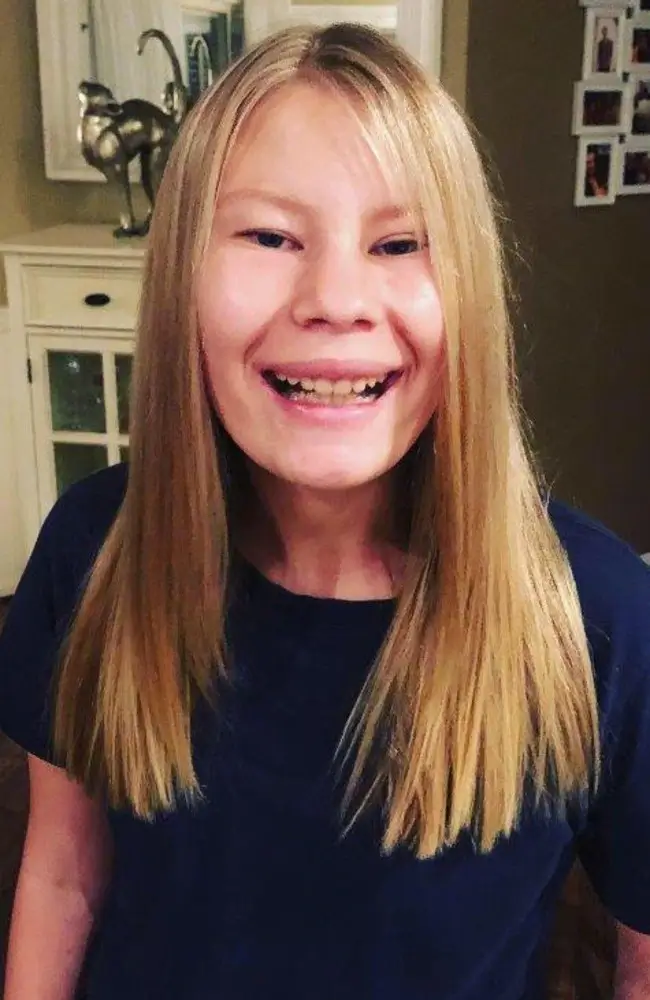
Like most people with PWS, Stephanie was born prematurely; in fact, the doctor’s had to save her at 31 weeks using C-section. Susi, Stephanie’s mother, was diagnosed with Hydrops fetalis when she was pregnant. This means that she was carrying excess amniotic fluid; so the doctor’s had to save Stephanie.
Unlike most folks with PWS, Stephanie doesn’t suffer from insatiable hunger, which is the main reason she is still in shape and her family can leave the kitchen open.
Notable Contributions to Prader-Willi Syndrome Research
Discovering the complexities of Prader-Willi Syndrome has been made possible by the tireless efforts of dedicated researchers and professionals. One notable individual who have played a crucial role in advancing our understanding of this rare genetic disorder is Mayim Bialik.
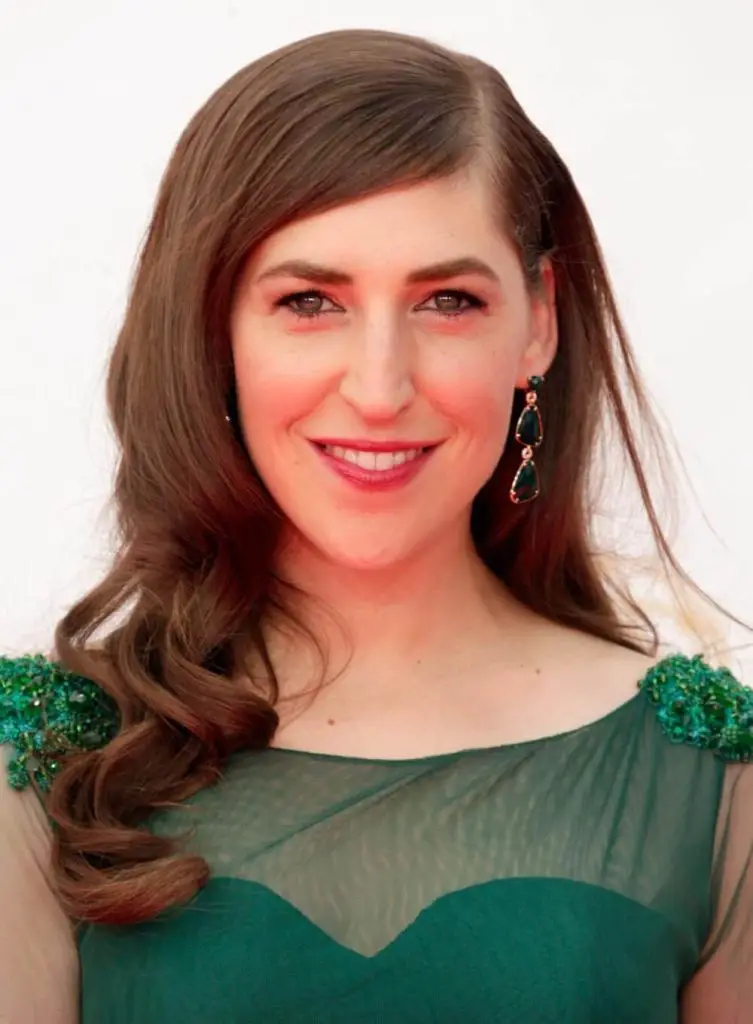
Mayim Bialik is known for her versatile talents as an actress, neuroscientist, and advocate.
She has made great contributions to raising awareness and support for Prader-Willi Syndrome (PWS).
Her passion and dedication to this advocacy work led to improved lives of PWS patients which has made her a notable figure in the community.
Mayim Bialik’s most notable contribution to PWS is exhibited in her doctoral dissertation research where she investigated adolescent PWS patients with obsessive-compulsive disorders.
She discovered that obsessive-compulsive disorder (OCD) is more intense in PWS patients compared to the general population.
Moreover, the condition is primarily due to other behavioral complications like anxiety and depression.
Bialik’s research has helped people comprehend the relationship between PWS and OCD.
Apart from her research, she has been a vocal advocate for PWS awareness and support where she has spoken and written extensively about the condition.
She has also worked to raise money for PWS research and support organizations around the globe.
The following are some specific examples of Mayim’s contributions:
- She has written several blog posts and articles about PWS.
- She has raised money for PWS research and support organizations.
- She has appeared in public service announcements and videos about PWS.
- She is a board member of the Prader-Willi Syndrome Association (USA).
- She has spoken at numerous conferences and events about PWS.
Notable PWS Highlights on TV

In addition to celebrating people who have battled or advocated for the condition, it is also worth mentioning TV programs that have raised awareness about it.
From groundbreaking series to memorable family moments, here are a few TV shows and events that have left a lasting PWS awareness:
1. Can’t Stop Eating (Channel 4, 2006)
Can’t Stop Eating is a documentary that follows the daily lives of two PWS patients, Joe Blackburn (21) and Tamara Allwood (27).
The characters’ stories are both heartbreaking and inspiring, as they explore the challenges of living with PWS and its tragic symptoms like hyperphagia.
This documentary provides valuable insight into PWS while encouraging the audience to perceive the disorder in other ways.
2. Extreme Makeover: Home Edition (ABC, 2010)
In Season 7, Episode 23 of the Extreme Makeover: Home Edition, The Starkweather Family, the team talks about Ethan Starkweather, a boy who never gets full.
His family is worried about his safety, especially his stomach rupturing from extreme eating.
Luckily, Ty Pennington and the philanthropic team of ABC’s Extreme Makeover: Home Edition came together to renovate and reconstruct the family’s kitchen to make it safe for Ethan.
The story is a reminder that although the disorder is tragic, it can be overcome through support and care from loved ones and the general community.
3. Mystery Diagnosis (Discovery Health, 2012)
Season 8, Episode 9 of Mystery Diagnosis, The Boy Who Couldn’t Stop Eating, features Conor Heybach, a young PWS patient.
Conor’s storyline helps people learn the importance of early diagnosis and intervention for PWS patients.
After years several years of wrong diagnoses, he was finally diagnosed with PWS at the age of 12.
Conor managed to live with the condition through help from health experts and supportive family members.
This is an ideal inspiration that PWS patients can live normal lives with their families.
Conclusion
Although not many people have admitted openly to having PWS, a few who have talked publicly about their condition have helped break down stereotypes and raise awareness about it.
Note that PWS is a rare and complex disorder, and patients can live normal and meaningful lives.

